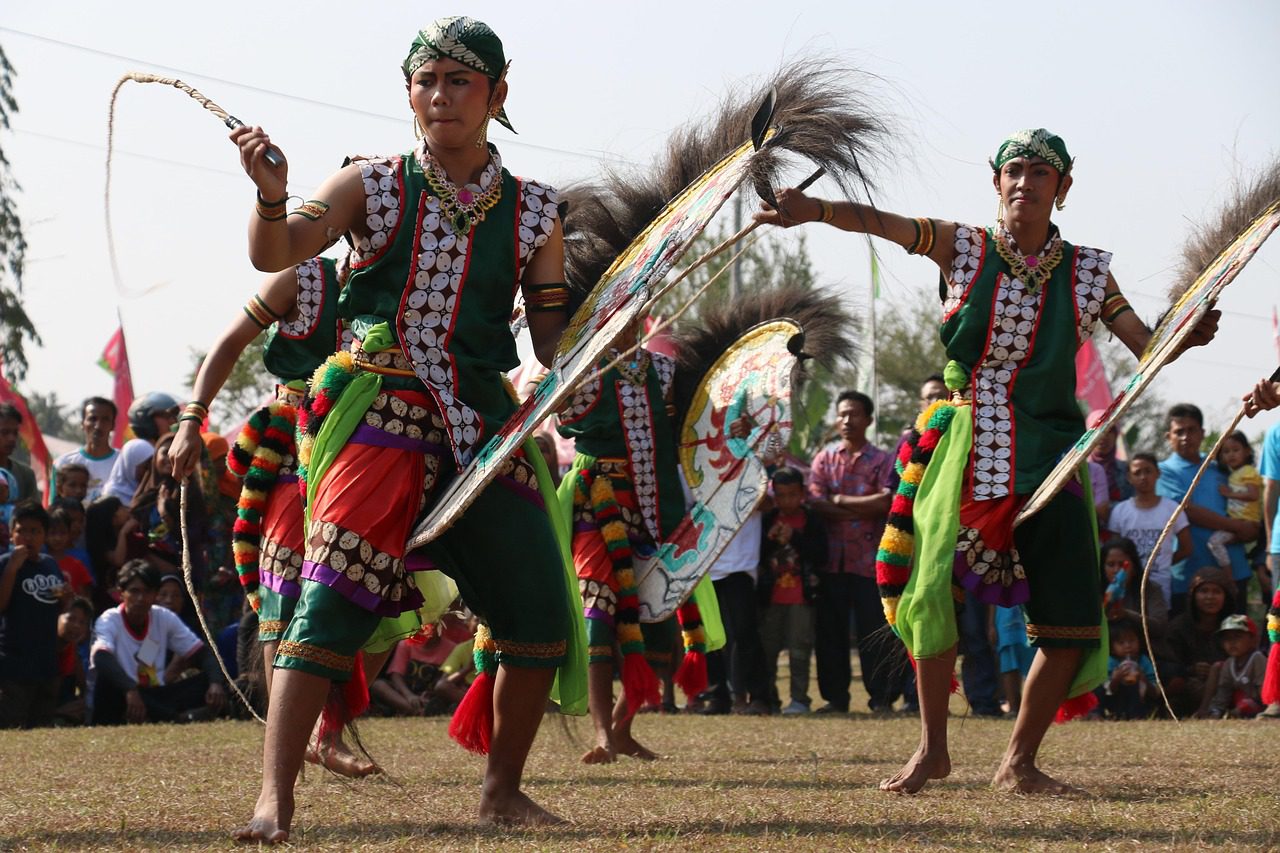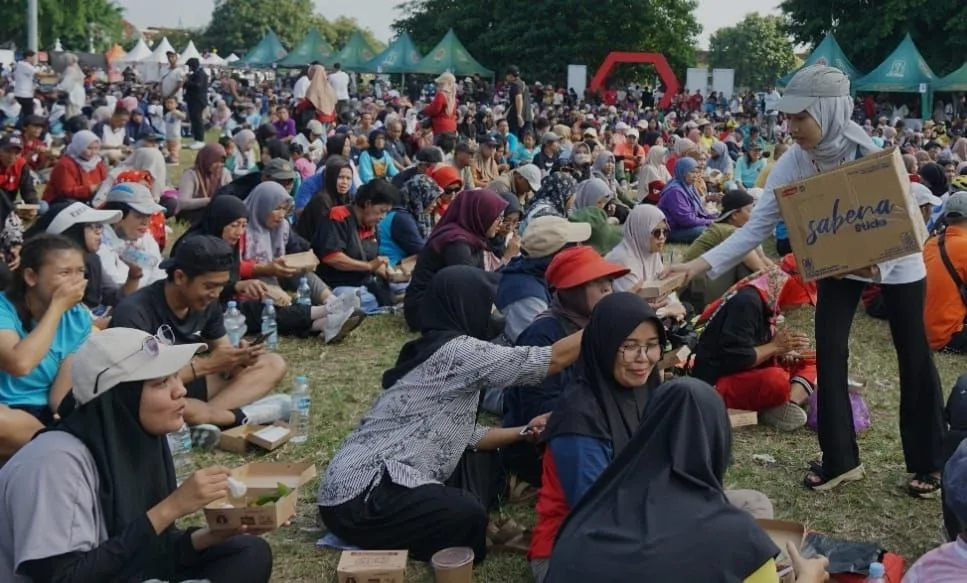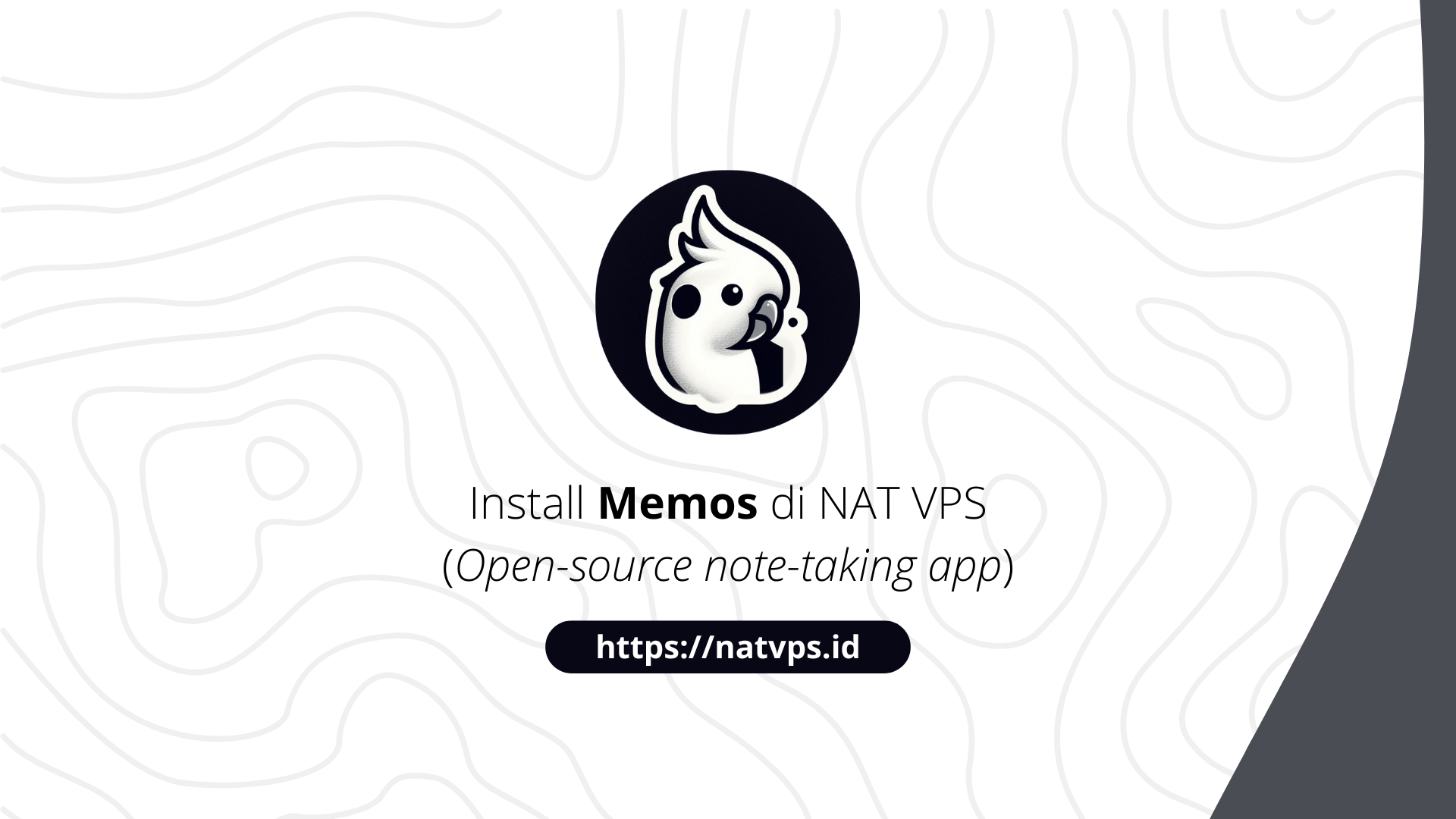KABARJAWA – The Gunungkidul Regency Culture Office admitted that he was facing difficulties in compiling a traditional event calendar aimed at attracting tourists, both foreign and local.
The Head of the Gunungkidul Culture Office, Agus Mantara, said that the preparation of cultural calendars still faces various challenges, especially in terms of the schedule of traditional Javanese calendar ceremonies.
Agus explained that various local traditions and culture in Gunungkidul were actually able to attract tourists from various regions.
His party together with the village and cultural activists continue to try to embrace traditional events so that they can be packaged as a sustainable tourist attraction.
“So the goal is that every cultural activity has great potential to move the economy of the local community. When tourists come to watch traditional ceremonies or cultural festivals, the economic turnover ensued – starting from culinary, crafts, to lodging services,” he continued.
The Gunungkidul Culture Office has also carried out cultural promotions to various regions in Indonesia. In the promotion, his party met directly with a number of tourist industry players, including travel agents.
“The travel legend that we meet is ready to bring tourists to Gunungkidul, as long as we have a neat cultural event calendar and can be ascertained the schedule,” Agus said.
According to Agus, one of the main challenges in the preparation of the traditional event calendar in Gunungkidul is the determination of the time of traditional ceremonies that still refer to the Javanese calendar.
This calendar system often does not use the Christian calendar so it is difficult in determining the exact date of implementation.
“Many small traditional ceremonies in villages that do not set a fixed date. Sometimes they hold events based on the calculation of Kejawen, so they can progress or backward. This is what makes it difficult for us to make a schedule that we can publish to tourists,” Agus explained.
Agus also added that large traditional ceremonies such as “apostulan” or “village clean” generally have more easily predicted patterns and schedules.
However, for small and sacred ceremonies, it still needs intensive communication with customary elders and community leaders.
As a solution, the Gunungkidul Culture Office will encourage more closely collaboration between the village government, cultural activists, and traditional leaders.
He said he wanted to encourage the formation of a digital documentation system for cultural recording, including the time pattern of implementing traditional events based on the Javanese calendar.
Agus said that digital planning is not only useful for organizers, but is also very important for tourist actors such as travel agencies.
He acknowledged that a travel agent needed certainty of time in order to compile an integrated tour package.
“With the clear calendar of the event, they can arrange the routes and schedules of tourist visits to Gunungkidul,” he explained.
The Gunungkidul Culture Office hopes that local traditions and culture can be the main magnet in boosting the regional tourism sector.
It not only sells Gunungkidul’s nature, but also sells the culture and noble values of the people of this region.
With the synergy between the government, cultural actors, and the tourism industry, Agus is optimistic that Gunungkidul can become a leading cultural destination in DIY and even Indonesia.
However, to realize this, his party must first complete homework in preparing an accurate, informative, and attractive cultural calendar for tourists.
Game Center
Game News
Review Film
Rumus Matematika
Anime Batch
Berita Terkini
Berita Terkini
Berita Terkini
Berita Terkini
review anime



